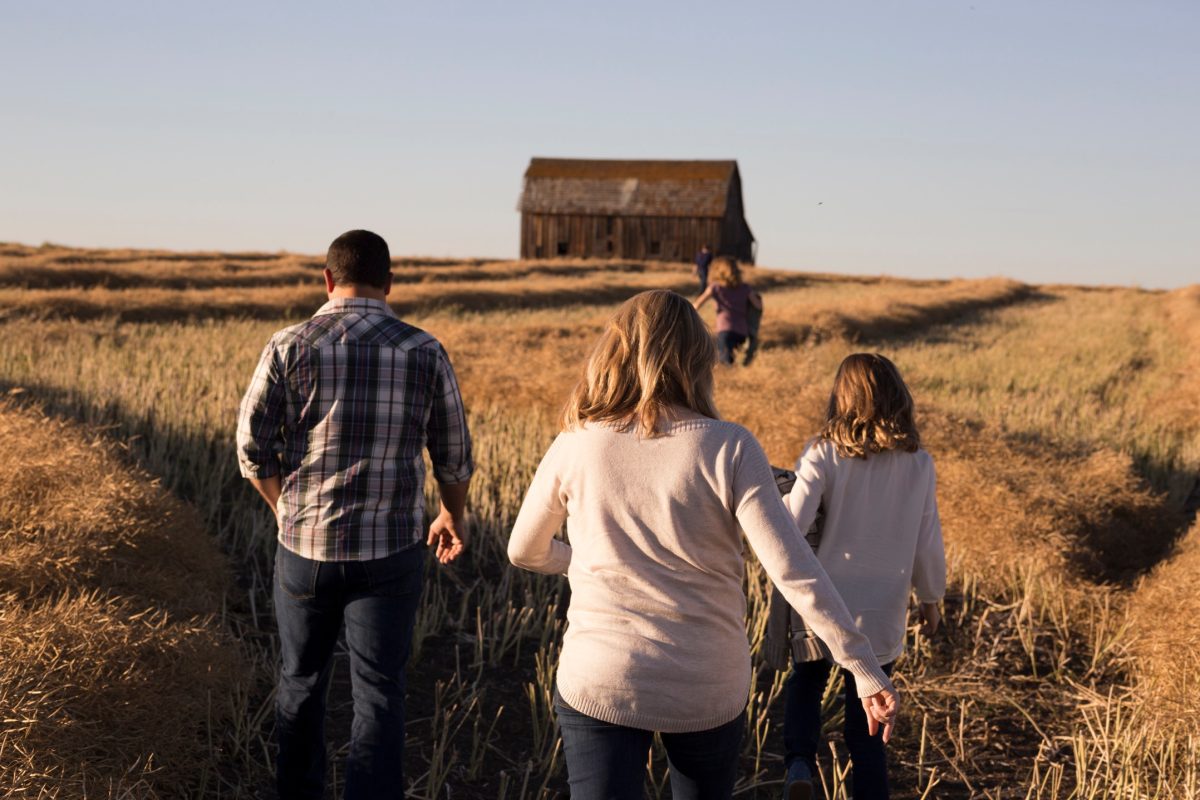Article
Small Towns Are Unique [Part 2]
It’s often said that newspapers in small towns don’t report the news, they confirm the news.

Factor #3: Reputations Are Hard To Shake
It’s often said that newspapers in small towns don’t report the news, they confirm the news. That’s because people know who you are and there are parts of your life that are common knowledge around town (which wouldn’t be the case in a larger city). In fact, many people who live in small towns end up being celebrities without trying, and for all the wrong reasons. Even your police record will be common knowledge because all the citations are listed in the newspaper! For better or worse, people tend to know about the details and integrity of your marriage, family, and business. That’s why reputations are hard to shake in small towns and they tend to follow us around like our shadows.
Practical Advice
Again, for better or worse, the reputation of the gospel is strongly tied to the reputation of our marriage, family, and business. This is especially true in a small town. This reality can be a helpful asset to your mission, or an incredible liability. If you are committed to being on mission in your town, it might be helpful to sit down with your pastor or a trusted friend and reverse-engineer your marriage, family, and business. In other words, if you want the reputation of your marriage, family, and business to point to the gospel, then you’ll need to decide on the series of steps you may need to take to make that happen. However, as you go through this process, don’t accidentally make your reputation into an idol. If you do, you probably won’t take meaningful risks for the gospel, because your deepest desire will be to protect your reputation instead of advancing the mission.
Factor #4: The “Ten And Done” Principle
A veteran pastor in a small town made a simple but insightful observation to me a few years ago about relationships in small towns. He called it the “ten and done” principle, and it forever changed the way I understood social dynamics and mission in small towns.
The “ten and done” principle is when people in a small towns typically make room for ten slots in their life for friendships, and once their ten slots are filled, then they are done building friendships. They aren’t necessarily done being friendly, but they are done inserting new friends into their slots. Each person’s slots consist of permanent and non-permanent friendships.
The permanent slots are friendships that are poured in cement. These permanent friendships usually consist of a person’s family, a few friends they grew up with, or other people they’ve grown close to along the way. The non-permanent slots may rotate depending on circumstances and stage of life. For example, when a young mom has little kids she might have some of the young moms from her play group in some of her non-permanent slots. However, when her kids are older and play on a high-school soccer team, she might have different parents in her non-permanent slots from that group.
Keep in mind that this is only a principle, and not a rule, because it’s not equally true for everyone who lives in a small town. Some people might have a meager amount of non-permanent slots while others might have an abundance of them. Some might have considerably more than ten slots but they’re all permanent, while others might have far less than ten slots, due to their personality and social sensibilities.
Moreover, the cultural climate in some parts of the country can breed unspoken expectations for people to have higher or lower amounts of slots. But even though each person and place is different, the “ten and done” principle generally holds true for small towns across America. Many of us who have lived in small towns have certainly seen it in practice!
Practical Advice
The “ten and done” principle creates a diversity of challenges when it comes to mission in small towns. If relationships are the foundation of mission in small towns, how should we do mission with this principle in mind? Below is a collection of thoughts that address this question.
New people tend to be the “low-hanging fruit” for mission in a small town, because not many of their slots are filled. Longtime residents need the gospel as much as anyone, but new residents are often the easiest people to connect with for the sake of mission.
Make room for non-permanent slots in your life for the sake of mission. If you don’t have non-permanent slots open, take account of your relationships and ask God how he wants to organize and prioritize your friendships. If you do have non-permanent slots open, be devoted to praying about which non-Christians God might place in your slots.
Don’t assume you know which non-Christians have non-permanent slots open. Be prudent in praying for wisdom and don’t jump to conclusions about who’s interested and available to build a reciprocal friendship with you.
For a variety of reasons, people who are single typically have more time and availability than their married counterparts. And they also tend to have a higher number of slots available than those who are married. Singles often have the potential to be some of the best missionaries in town. If you are single, consider leveraging this season of your life for the sake of mission.
The “ten and done” principle often means that being on mission at our workplaces is remarkably strategic. Many people in small towns have their extended families living in the area and they fill up each other’s slots. Consequently, some extended families in small towns could virtually be considered unreached people groups! One of the most strategic ways to reach these families is to be on mission in our workplaces, because people from these families are forced to be around their Christian co-workers for eight hours every day.
This piece is an except from a book called Small Town Mission by Aaron Morrow, which is a practical guide for helping people think and act like missionaries in small towns and rural areas. Last week’s blog post was part one and this week concludes with part two.



